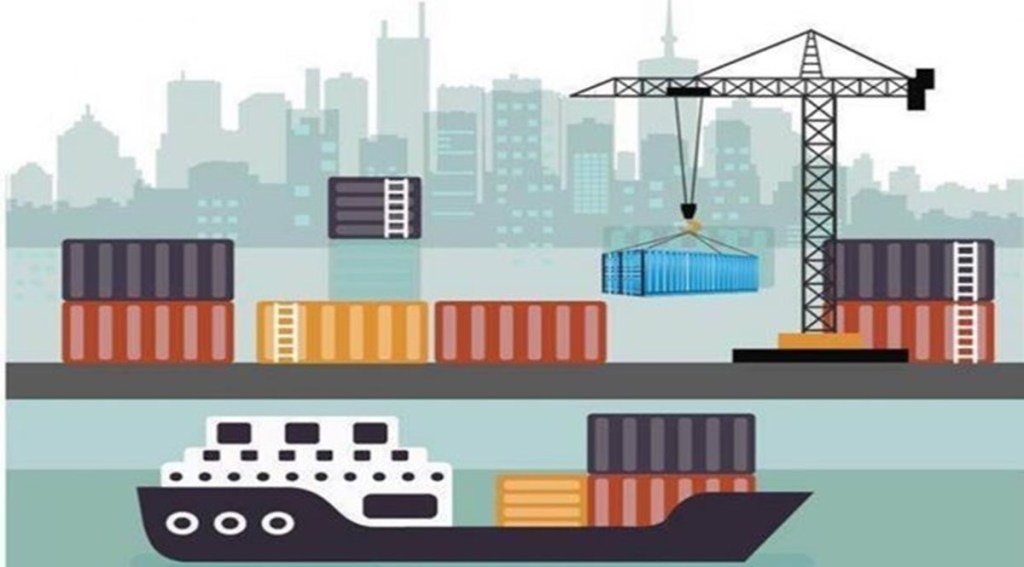After signing the Economic Cooperation and Trade Agreement on Saturday, commerce and industry minister Piyush Goyal spoke with a group of journalists in which he explained why it’s a win-win deal for both the sides and how it complements each other’s spheres of activities. He added that the deal has also been backed by the domestic wine industry, despite the fact that premium Australian wine will be allowed at concessional duties. Edited excerpts:
On potential competition from Australia
I don’t think there is any threat to Indian industry. Australia isn’t much into manufacturing, which makes up only about 5-6% of its GDP. But it’s a major supplier of raw materials and intermediate goods (like coal, aluminium, etc), which we need. It’s important to understand that if raw materials come at a cheap cost to us, our competitiveness in the export market will only improve. It will particularly help our MSME manufacturers.
Moreover, every trade deal is a two-way thing; some amount of give and take is always inevitable. But we have kept our domestic sensitivities in mind while firming up the deal. Dairy is kept out; several farm items such as sugar, rice, wheat, walnut, apple, pulses and oilseeds are kept out.
On access to premium Australian wine
Our negotiations first held consultations with our wine industry and got positive feedbacks. After that, I myself held two rounds of meetings with wine makers. They not just agreed to the proposal but welcomed the deal, and they include the biggest wine maker, Sula. They are hailing the deal because they been protected due to the price threshold (below which the actual import duty of 150% will kick in).
Also, they will benefit from the advent of new technology into India in this space; farmers will get good technology to grow quality grapes that will be good enough to make wine from. Currently, about 6,000 farmers grow grapes from which wine can be made. Why not take this number to 6,00,000? If we also modernise our wine industry, we can also export in a big way one day. This is what our wine industry has understood well. Australia has also indicated that it will facilitate meetings between their wine industry and ours, if required. In fact, stakeholders from all industries have given their positive feedbacks on the deal.
On impact of concession on wine on FTA talks with the EU and UK
People often say once we give a certain concession to a particular country, it may serve as a template for our trade negotiations with others. But frankly, every agreement stands on its own legs because every economy has its own strengths and weaknesses. Negotiations are always based on mutual interests and sensitivities. For instance, we have kept our iron ore from the purview of this pact (because Australia is a big miner). But, with the UK, we may have a different view on this.
On opportunities for Indian yoga teachers and chefs
Australia has given an annual quota (1,800) for Indian chefs and yoga teachers (entering the country as contractual service suppliers). Under this, temporary entry and stay is permissible for a period of up to 4 years, with possibility of further stay.
On sourcing duty-free Australian coal
In coal, the UPA had already granted duty-free access to countries like Indonesia. So, we have granted similar access to Australia as well. It will lead to greater competition among suppliers and our industry will ultimately benefit. (Coal attracts a 2.5% import duty).
On including govt procurement in broader FTA
We haven’t kept it in the current deal. If there is a chance in future, we will see at that point.
On job generation potential of the pact
I have gone by the most conservative estimate that it will generate one million jobs in the next five years.
On safeguard measures
We have kept solid safeguard measures. Product-specific rules of origin have been in place for 800 products. We will also bring in more product-specific rules of origin.

